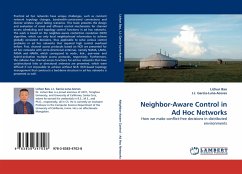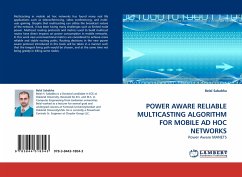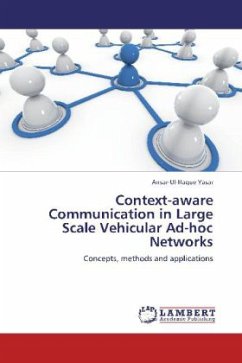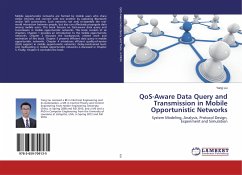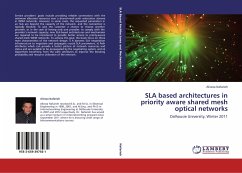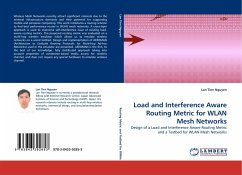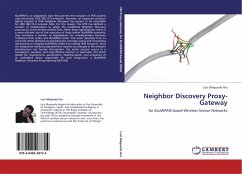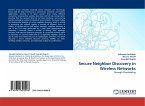Practical ad hoc networks have unique challenges, such as constant network topology changes, bandwidth-constrained connections and diverse wireless signal fading scenarios. This book presents the design and evaluation of novel and efficient control mechanisms for channel access scheduling and topology control functions in ad hoc networks. The work is based on the neighbor-aware contention resolution (NCR) algorithm, which use only local neighborhood information to achieve globally consistent decisions, thus applicable to solve various control problems in ad hoc networks that required high control overhead before. First, channel access protocols based on NCR are presented for ad hoc networks with omni-directional antennas, namely NAMA, LAMA, PAMA and HAMA, which correspond to node-, link-, pair-wise- and hybrid-activation multiple access protocols, respectively. Furthermore, the collision-free channel access functions for ad hoc networks that have unidirectional links or directional antennas are presented, which were difficult if not impossible to achieve without NCR. NCR-based topology management that constructs a backbone structure in ad hoc networks is presented as well.
Bitte wählen Sie Ihr Anliegen aus.
Rechnungen
Retourenschein anfordern
Bestellstatus
Storno

